The custom of holding strange initiation rituals to commemorate a seaman’s first crossing of the Equator dates back several centuries. WKU graduate Jean E. Keith, later a historian for the Corps of Engineers, wrote of his experience in October 1943 to his French teacher Marjorie Clagett. “My head is completely innocent of hair. . . by reason of having crossed the Equator,” he reported, part of a “quaint custom among us sailors to mutilate each new one who does so.” For two days, he and other newbies–“Pollywogs”–suffered at the hands of the “Shellbacks,” veterans of the crossing whose job it was to oversee the appropriate torments for their successors. Highlights of the initiation included crawling through a gauntlet of fire hoses shooting salt water, bobbing for hotdogs in a bucket of mustard, and enduring a patch of tar smeared on the scalp and “rubbed in good” down to the neck. After another dousing by fire hoses, the “Royal Court of King Neptune” officially elevated the Pollywogs to the status of Shellbacks.
Equator-crossing ceremonies are also observed among civilians. During a cruise to South America, WKU foreign languages teacher Elizabeth Woods received a certificate from “Neptune, the Great God of all the High Seas,” declaring her “duly initiated into the mysteries of Our Realm.” Referring to the customary mock trial before Neptune’s court, she noted that afterward the condemned “is flung unceremoniously into the swimming pool.” One hopes the 73-year-old Miss Woods merely witnessed and did not suffer this indignity.
After crossing the Equator and the International Date Line on a single trip, Lt. Col. Belmont Forsythe obtained a unique souvenir: a “Short Snorter,” a $1 bill signed by fellow travelers including, in this case, U.S. Senator and Kentucky Governor Albert “Happy” Chandler. The holders subsequently identified themselves to each other by producing their Short Snorters; if one was unable to do so, he owed the other either a $1 bill or a drink.
Click on the links to access finding aids for these collections, part of the Manuscripts & Folklife Archives holdings of WKU’s Department of Library Special Collections. For more of our collections, search TopSCHOLAR and KenCat.

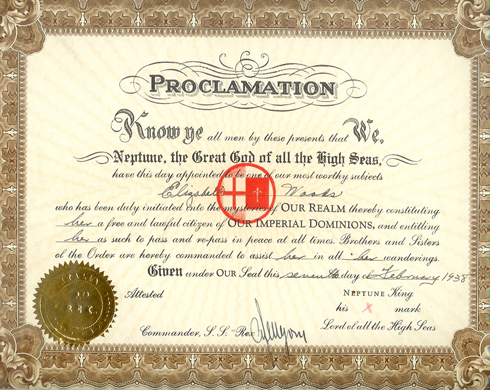
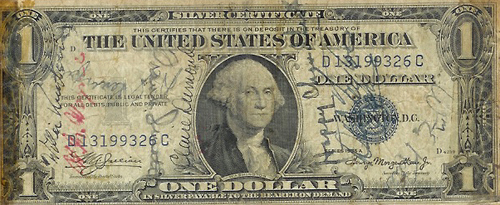
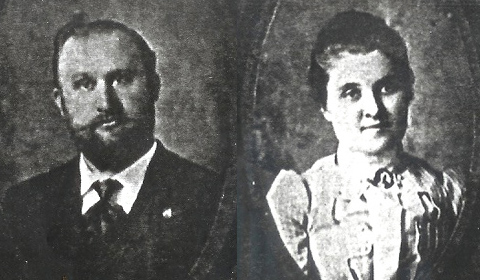
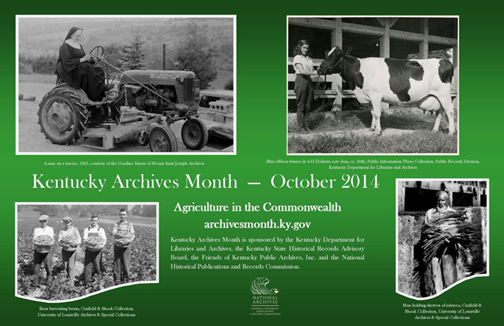
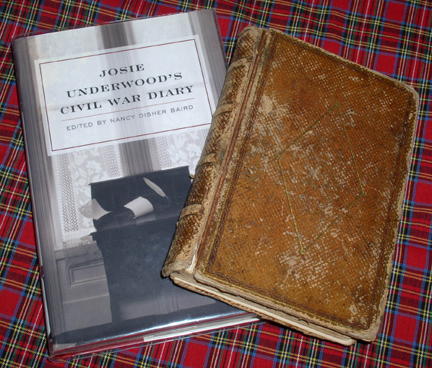
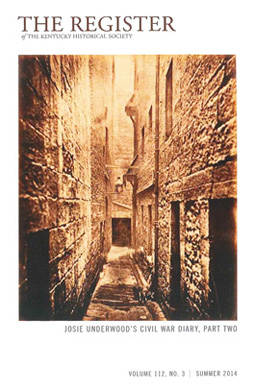
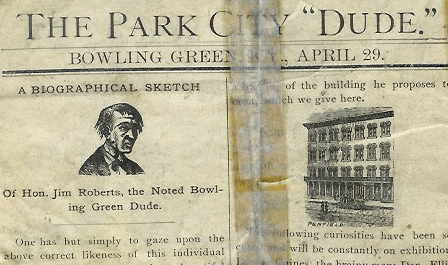
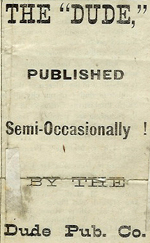
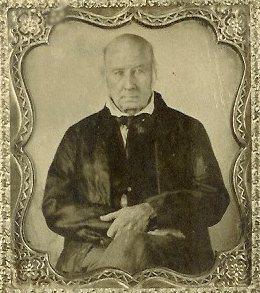

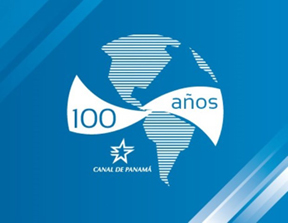
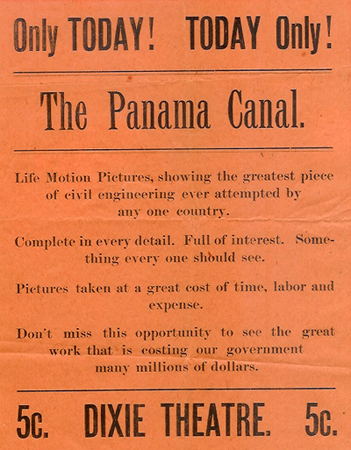

 A century ago this month, on August 15, 1914, the steamship Ancon traveled fifty miles through the Panama Canal, making it the first vessel to pass from ocean to ocean through one of the world’s greatest shortcuts.
A century ago this month, on August 15, 1914, the steamship Ancon traveled fifty miles through the Panama Canal, making it the first vessel to pass from ocean to ocean through one of the world’s greatest shortcuts.
